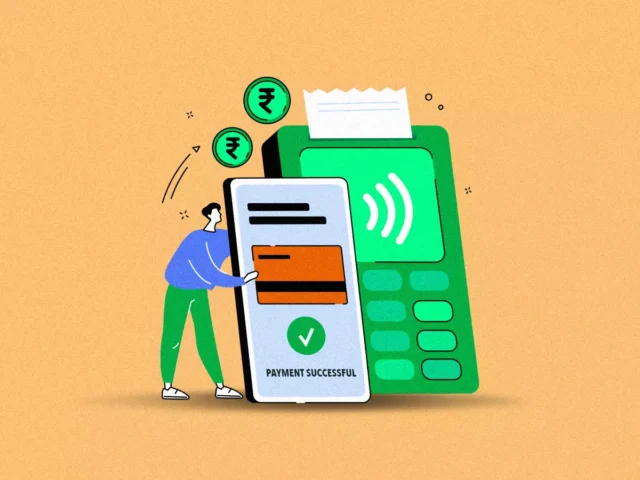
India’s digitalization journey has emerged as a global model, particularly with the Unified Payments Interface (UPI) capturing international attention. From a substantial $300 billion in 2018, digital payments in India have soared to an impressive $3.6 trillion by 2024 and are projected to double by 2030. This growth is supported by robust demographic expansion, improved economic conditions, widespread internet access, and strong government backing for digital infrastructure. UPI, along with other digital payment methods like cards and digital wallets, plays a significant role, contributing to about 10% of current digital transaction volumes in line with the Reserve Bank of India’s (RBI) objectives.
KYC Processes Have Scope for Improvement
To continue building on this success, India’s digital payments system requires adjustments in the Know Your Customer (KYC) process to make it less cumbersome. Currently, KYC procedures are extensive, involving considerable documentation and verification that can deter potential users. By adopting more advanced technologies such as biometrics and artificial intelligence for identity verification, and tailoring KYC requirements to the risk levels of different transactions, the process can be simplified. This would not only enhance the user experience but also widen the digital payment network to include more consumers.
Supportive Regulatory Environment
A supportive regulatory environment is vital as India moves towards a digital-first economy. The RBI has been instrumental in framing guidelines that bolster the security and reliability of digital transactions with measures like two-factor authentication and tokenization. Such initiatives enhance trust and convenience for both consumers and merchants, fostering continued growth in the sector. Furthermore, the government’s efforts to improve digital infrastructure, particularly in rural and underserved areas, are crucial for maintaining the momentum of digital adoption.
Privacy Concerns Need to be Addressed
As more people embrace digital payments, concerns regarding privacy and the security of personal data have become more pronounced. The risk of cyberattacks and data breaches necessitates stringent cybersecurity measures to protect user information and sustain trust in the digital payment systems. Educating users about safe digital practices and enhancing system resilience are essential steps towards mitigating these risks.
While India leads in digital payments on a global scale, addressing challenges related to KYC simplification and data security will be key to unlocking further potential and achieving broader economic inclusivity. Through collaborative efforts among all stakeholders, India can continue to enhance its digital payments landscape, setting a benchmark for others to follow


















